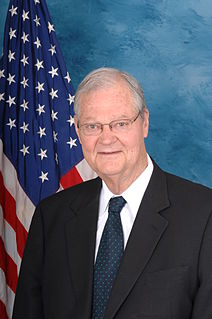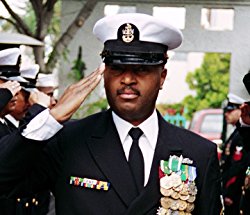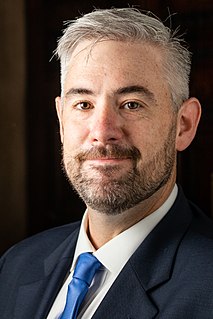A Quote by Jim Mattis
Prime Minister Maliki, released from American restraint, acted on his worst instincts, creating enormous distrust in Iraq's Kurdish population and deeply embittering Sunnis in western Iraq's Al Anbar, who lost any confidence in a Baghdad government they saw as adversarial.
Related Quotes
American airstrikes...create risks, especially if our intelligence there is rusty. The crucial step, and the one we should apply diplomatic pressure to try to achieve, is for Maliki to step back and share power with Sunnis while accepting decentralization of government. If Maliki does all that, it may still be possible to save Iraq. Without that, airstrikes would be a further waste in a land in which we've already squandered far, far too much.
It's easy to say, let's go in and get the bad guys. But you have a divided country of Sunnis and Shias. The United States goes and takes action there on behalf of the Iraqi government. You've got Iran coming in and saying we're going to stand with Iraqi Prime Minister Nuri al-Maliki, so now we're aligning ourselves with Iran, and if we do air strikes, becoming de facto air force for them.
I know it is said repeatedly that I was in support of the American invasion in Iraq. It is simply not true. I was in favor of helping the Iraqis, and most specifically Ahmad Chelebi and the Kurdish leadership to set up an independent government of free Iraq. I think that would have been the right thing to do.
I was in Iraq in the worst period, 2006, but from 2006 to 2008, and especially through 2011, the American military and the government of Iraq made huge strides in making that country a source of stability with a relatively representative government that was seeking pluralistic engagement from all the factions within the government.
But the U.S. has to be careful. If our strategy depends on Sunnis doing the fighting to clear Mosul and Ramadi - and, as near as I can tell, that is the strategy - then you have to be careful that Sunnis don't perceive the U.S. to be operating arm in arm with Iran or with Iranian-backed Shiite militias that Abadi - Prime Minister Abadi is using in Iraq, so that, in effect, we're fronting for Iran.
The Nisour Square shooting is a signature point in the Iraq war, one that inflamed anti-American sentiment abroad and contributed to the impression that Americans were reckless and unaccountable. The Iraqi government wanted to prosecute the security contractors in Iraq, but the American government refused to allow it.



































